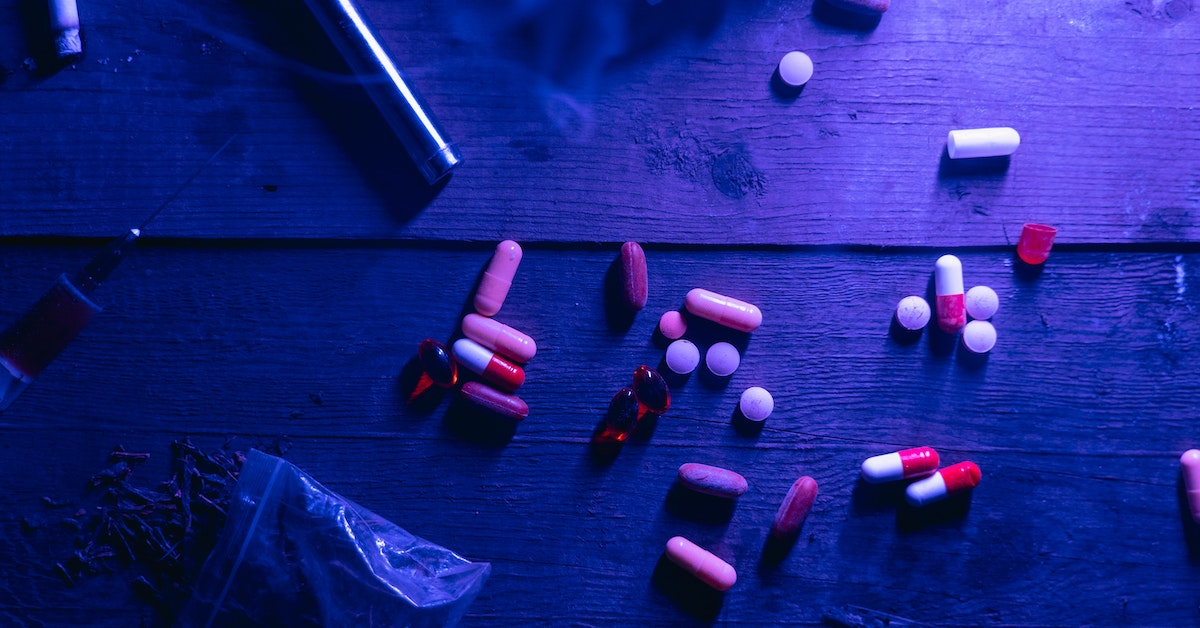Addiction is a remarkably challenging condition and public health concern in more ways than one. According to statistics compiled by the National Institute on Drug Abuse:
- Over 20.4 million Americans were diagnosed with a substance use disorder (SUD) in the past year.
- Despite the astronomical surge in diagnoses over the past year, only 10.3% of people with substance-use disorder issues are believed to receive treatment for such substance use disorders.
- Back in 2019, prior to the COVID-19 pandemic, almost 71,000 people had died of drug overdoses. According to a subsequent March 2022 news release published by The White House, over 104,000 Americans would go on to die of overdoses through a 12-month period ending in September 2021.
Furthermore, according to the American Addiction Centers, “Drug abuse and addiction cost American society more than $740 billion annually in lost workplace productivity, healthcare expenses, and crime-related costs.” But addiction doesn’t only encompass issues with drugs, alcohol, and actual substances. Per that same addiction statistics guide published by the AAC:
- Genetics account for 40-60% of a person’s risk for addiction or substance use disorder.
- Teens and people with mental health disorders face greater risks of suffering from addictions than other populations.
- A number of environmental risk factors can greatly exacerbate the risk of falling into addiction, including peer influences, parental and social attitudes around drugs, a toxic, abusive home environment, and poor academics.
These risks don’t solely apply to problematic, addictive use of drugs or alcohol; they can apply to addiction as a whole. Arguably, anything that triggers the pleasure and reward receptors in the brain can be overdone into addiction territory. Gaming, snacking, sex, and gambling all stimulate these parts of the brain, and can all spiral into addictive compulsion if engaged in irresponsibly.
It’s one reason (of many) that addiction is such an insidious condition; even if you believe that you’ve overcome one form of addiction, you might still potentially risk falling into another without even consciously realizing it. Cross addiction might seem like “harm reduction”, particularly if the new addictive behavior doesn’t seem (keyword there being “seem”) as harmful as the prior addictive behavior.
But in the long run, replacing one addiction with another can pose a serious threat to one’s recovery and overall wellness if they aren’t careful. If you suspect that you could be replacing one addiction with another, you should take the time to contemplate the underlying reasons why you might be. Whether you’re currently in recovery or actively trying to set yourself on the road to recovery, here’s what you need to know about the telltale signs of cross addiction.
What Drives Replacing One Addiction With Another? Why Do I Replace One Addiction For Another?
There is no singular right or wrong answer to these two questions. Fundamentally, cross-addiction is a catch-all term referring to the phenomena of substituting one addictive behavior (whether it’s a substance or activity) for another.
No matter what you choose to call it - cross addiction, transfer addiction, addiction replacement, or addiction substitution, it remains a pervasive, insidious condition all the same. Because the substance or activity is often different from the original activity or substance the person was addicted to, the person may not actively recognize that they’re falling into a new permutation of their old behaviors.
A number of complex variables could drive a person’s transference from one addictive behavior to another, including:
- Unresolved emotional traumas and mental health issues: The Anxiety and Depression Association of America estimates that roughly 20% of individuals with an anxiety disorder also struggle with an addiction or substance use disorder. If someone isn’t receiving adequate treatment and support for the mental health struggles drawing them toward compulsive behaviors to cope, they may face a greater risk of relapsing into a different compulsion.
- Accidentally back-sliding into addictive behaviors: Even if a person has overcome one addiction, they may still risk accidentally falling into another without realizing it. For instance, a person may initially be prescribed painkillers for a valid health reason, like alleviating chronic pain from an injury. But if they become too dependent on the euphoric feelings derived from the medication and misuse it off label, they can risk falling back into another addiction to that medication.
- Misunderstanding something as not addictive: A person may underestimate or not understand the risks for cross addiction with certain medications. This is another way in which a person could slip back into compulsive, addictive tendencies without realizing it.
Even people who’ve previously been through recovery can still run the risk of relapsing into a cross addiction. Some common cases of cross addiction include:
- Food and eating addiction: You quite literally can’t live without food, but if you find yourself repeatedly, compulsively slipping into emotional, stress-driven overeating, that may do more long-term harm than good.
- Shopping and gambling addiction: Both buying and betting can create pleasurable feelings in the brain. While these are both fine in responsible moderation, they can both wreak significant financial distress in excess.
- Workaholism and work addiction: Pouring an unhealthy level of emotional investment into professional successes is a common transference addiction, and is commonly damaging to one’s emotional wellbeing.
- Exercise and fitness addiction: A moderate level of physical activity is good for one’s overall general wellness, physical and psychological. But if one overdoes it to an unhealthy, obsessive degree, then that can risk leading to injuries and considerable emotional distress.
- Sex and love addiction: Compulsive intimate thoughts and unhealthy co-dependency in your romantic relationships can both be indicative that you are unhealthily using the relationship or intimate interactions as an escape.
These are all common scenarios where people can run the risk of transferring from one addiction to another. In turn, this problem can cascade into a myriad of other problems, capable of severely impacting one’s mental health, interpersonal relationships, quality of life, and overall well-being.
Can You Replace One Addiction With Another?
There may be instances where repetitive hobbies, habits, or behaviors do little harm. But here are a few telltale signs to watch that indicate your behaviors are crossing the line into unhealthy compulsion and addiction:
- Feeling anxious or uneasy when not engaged in the behavior
- Neglecting important life responsibilities to engage in the habit
- Dealing with depression or suicidal thoughts and ideation
- The behavior interfering with your interpersonal relationships
- Being unable to think about anything other than the behavior
Recovery can be a difficult, arduous process, and one which may not always move in a straight, linear path. If you feel that you need additional support, it’d be wise to not only connect with a therapist who specializes in treating addiction, but one who can potentially treat and help prevent further cross addiction by:
- Helping you discern the difference between a healthy habit and addiction
- Guiding you through visualization exercises of healthy living practices
- Helping you cultivate healthy coping strategies to counter unhealthy habits
- Addressing and working through the root causes of your addictive behaviors
Fortunately, you can now affordably access recovery support and addiction counseling therapy services from your own home. One of the most popular online therapy providers currently on the web, trusted by tens of thousands of users, is Talkspace.
Talkspace Addiction Counseling
Read our full provider review to find out if Talkspace is right for you, and if you’d like to move forward, you can sign up with $100 off your first month here. If you need further support from an online doctor, you can also turn to Sesame. Read our Sesame Care review here, and receive 15% off their services with the Sesame Care promo code "SESAME15."


